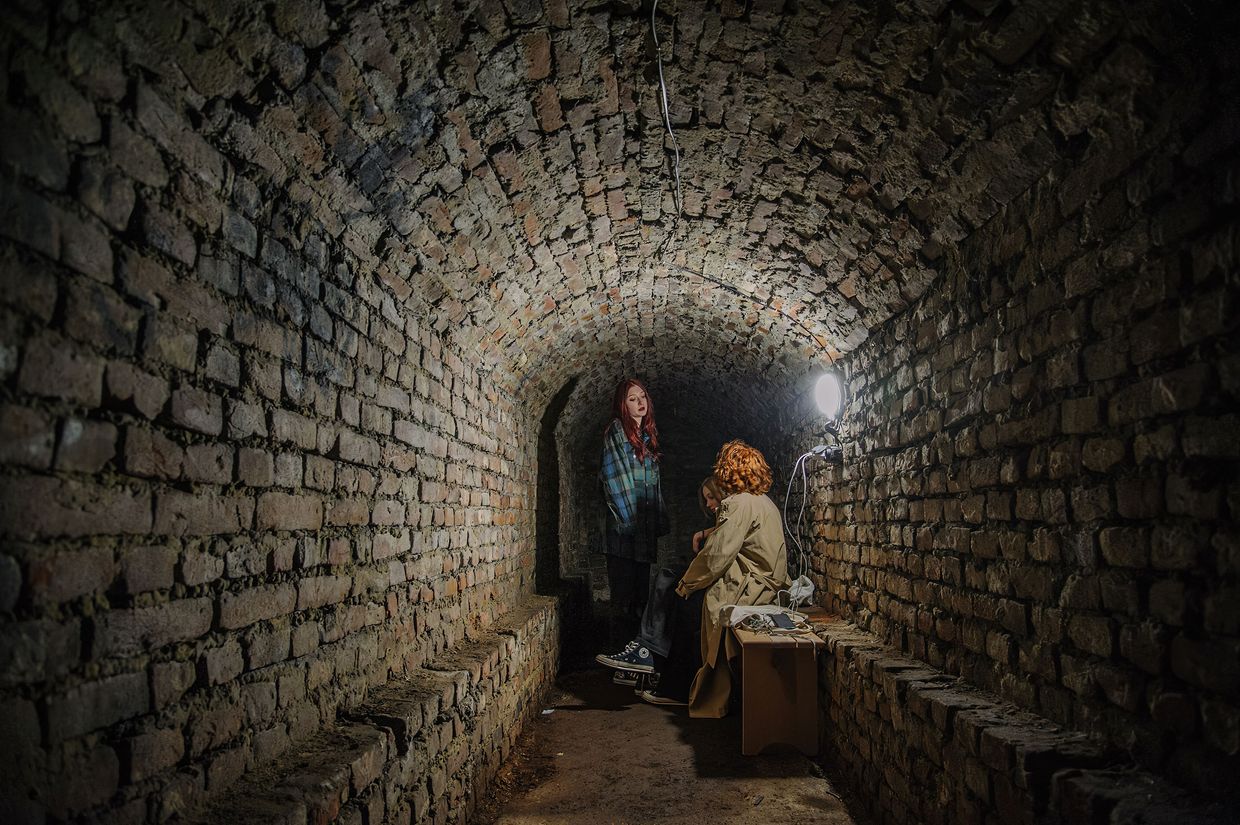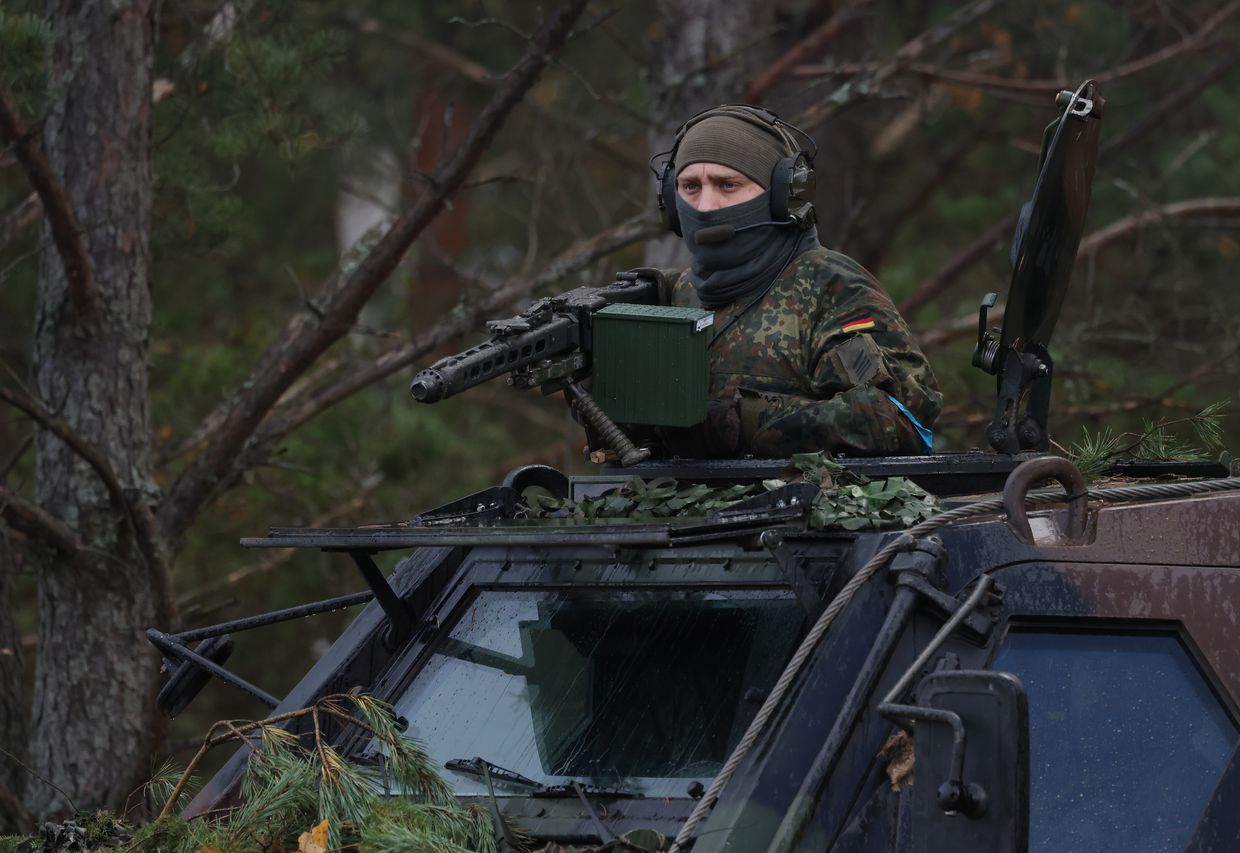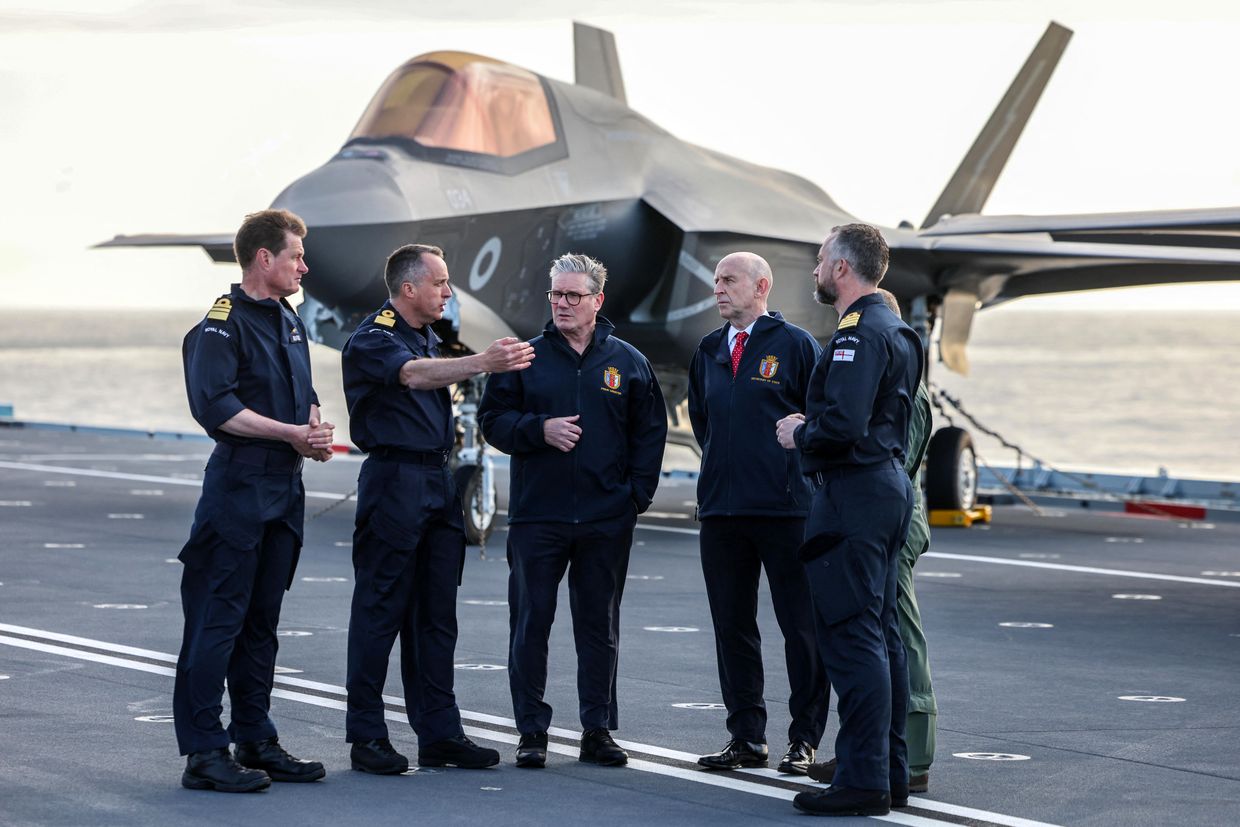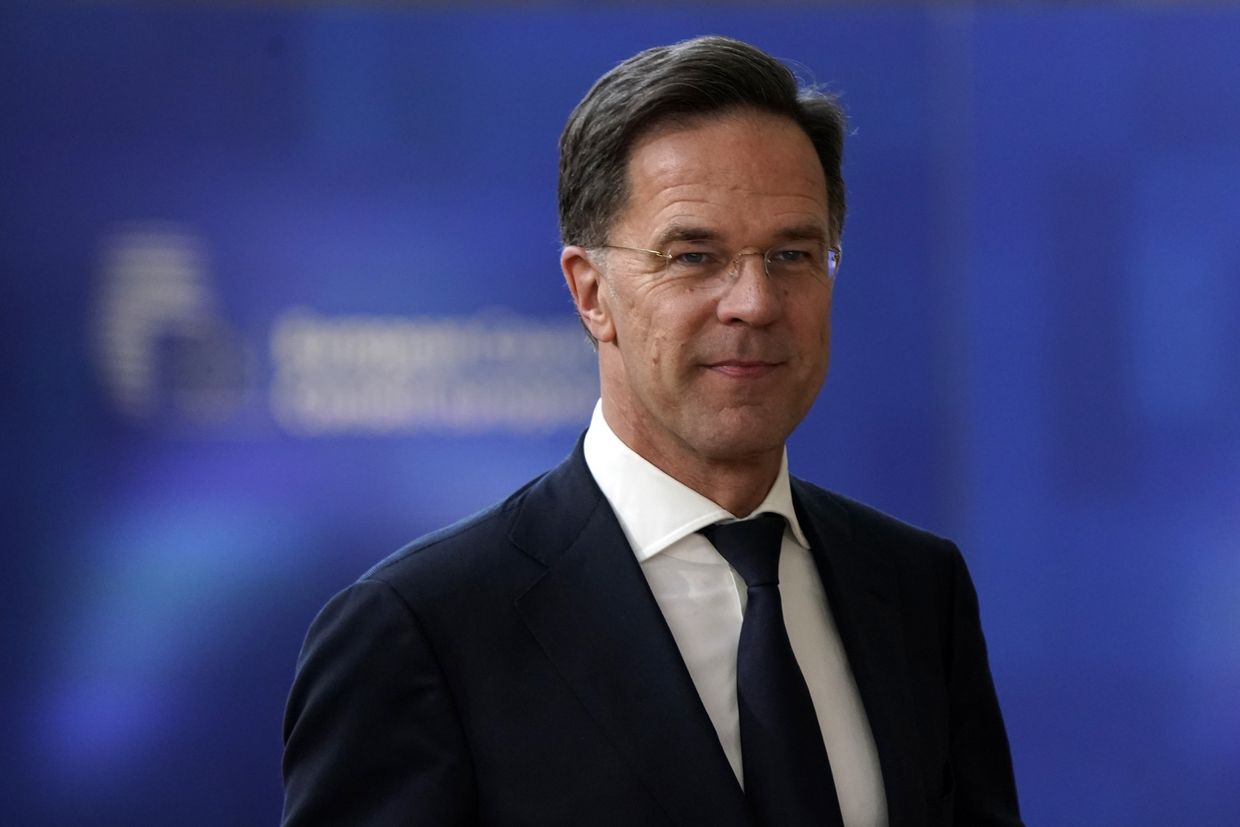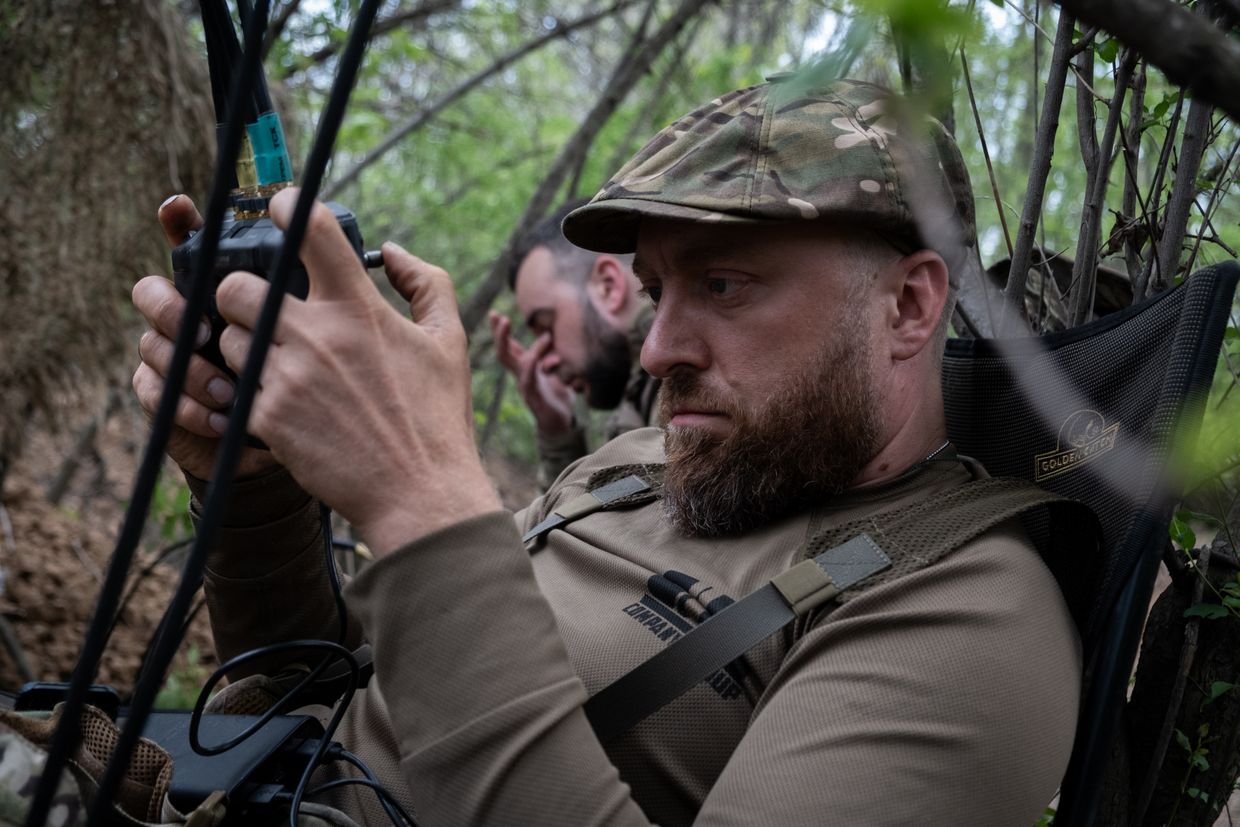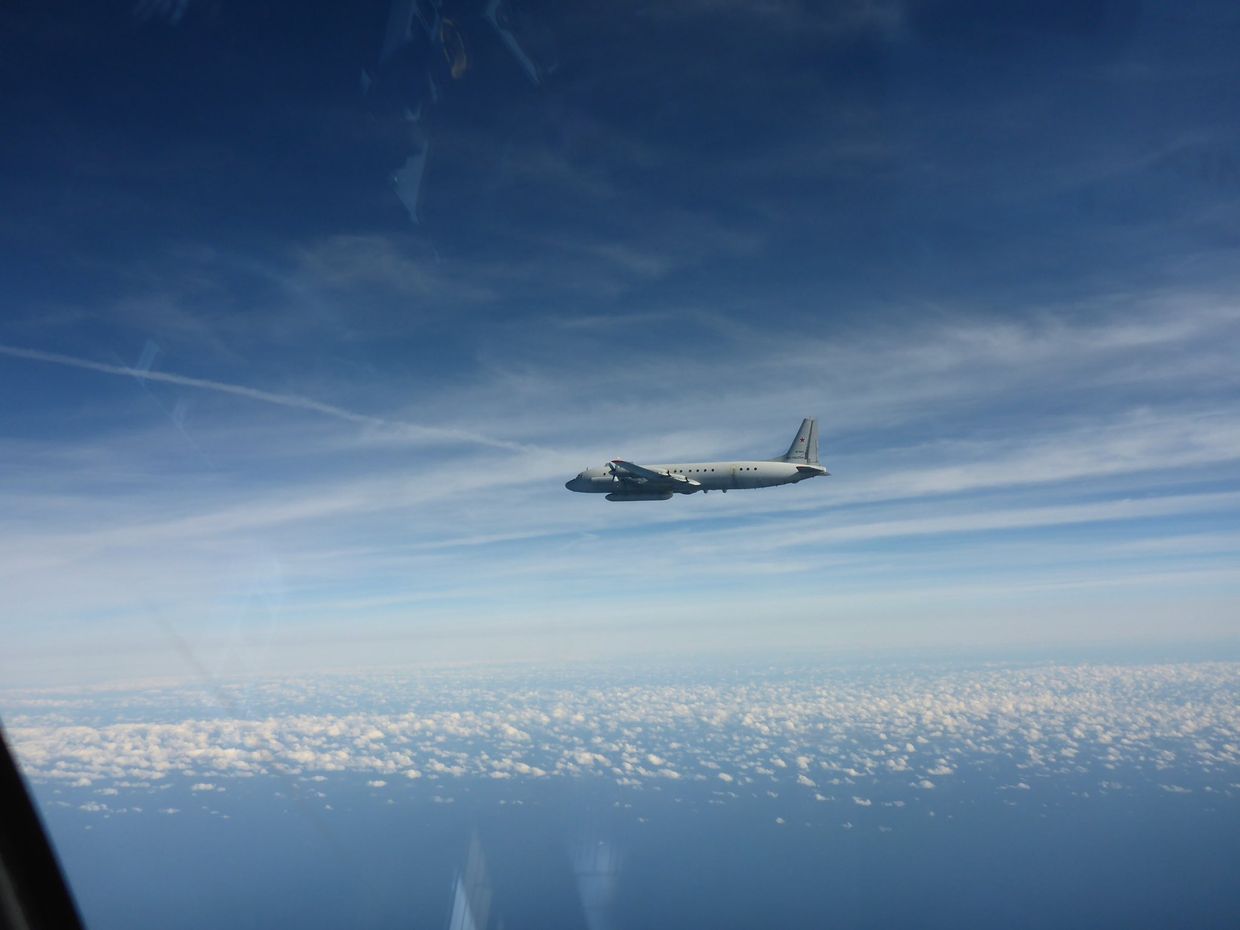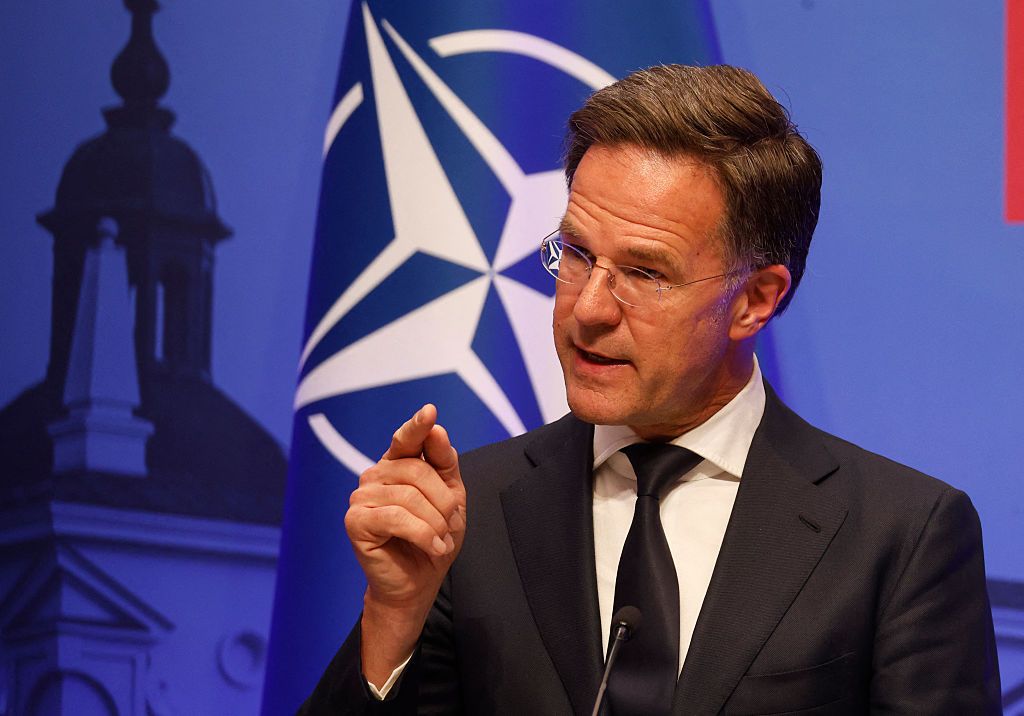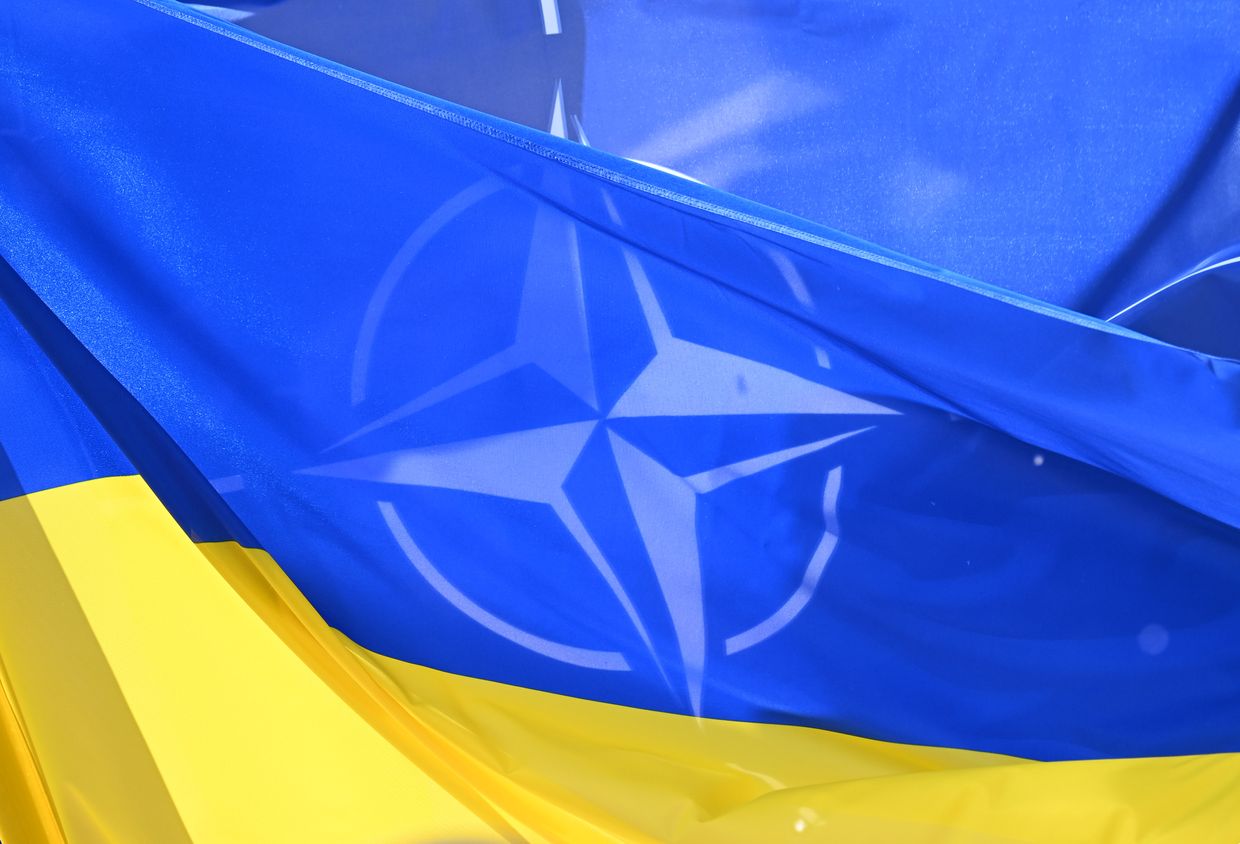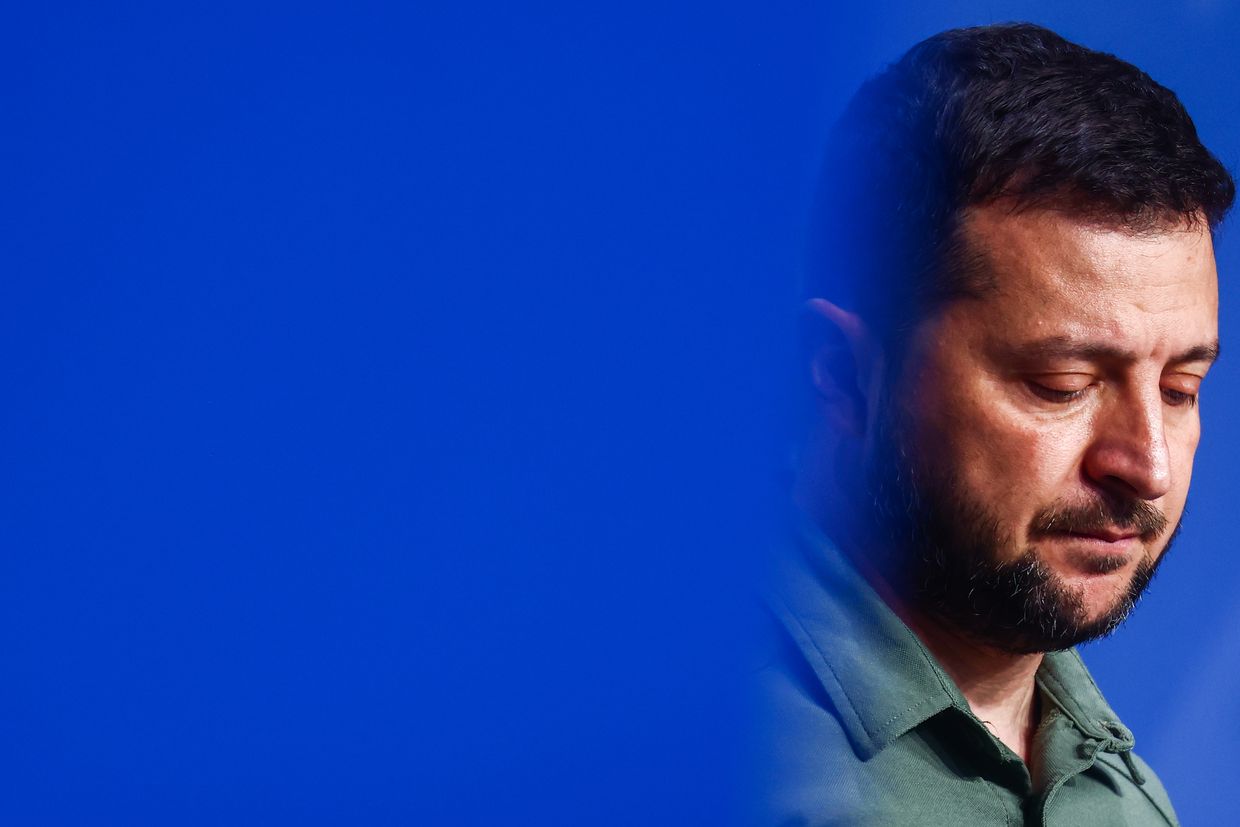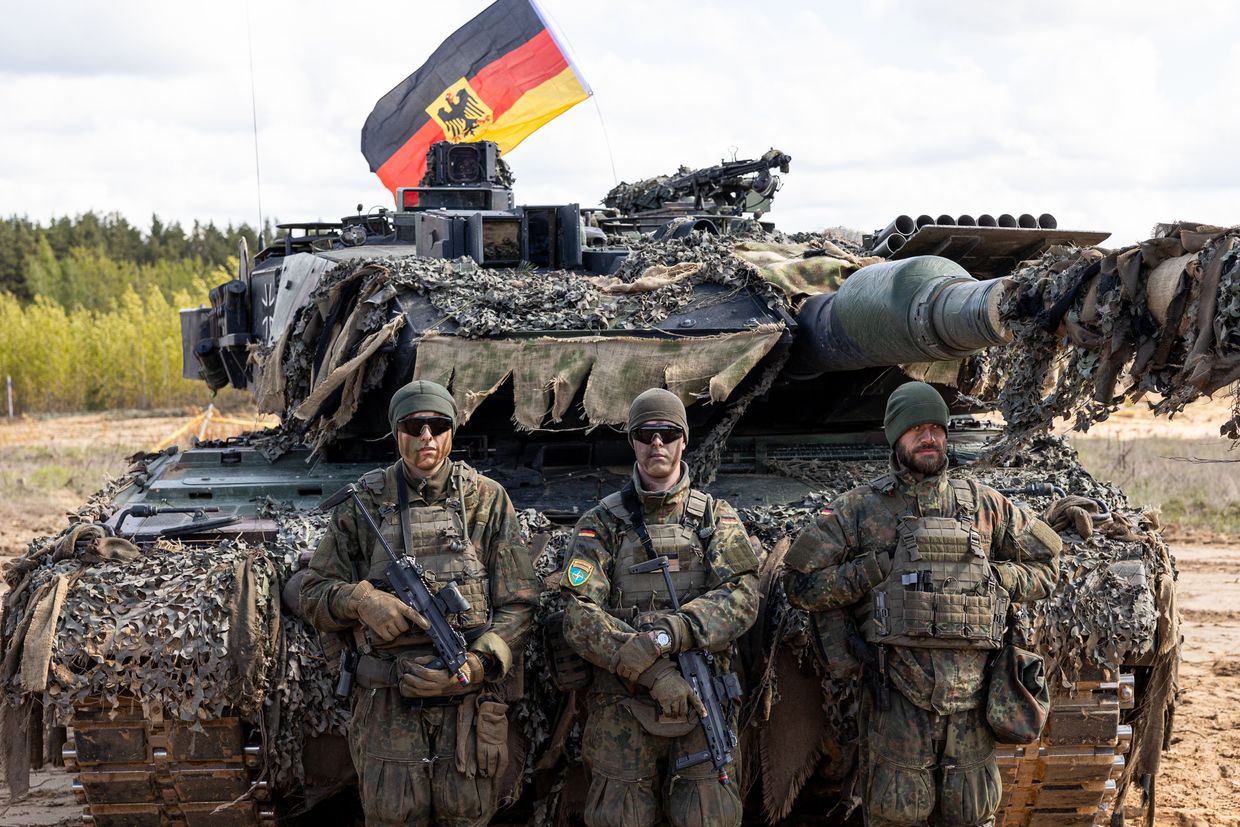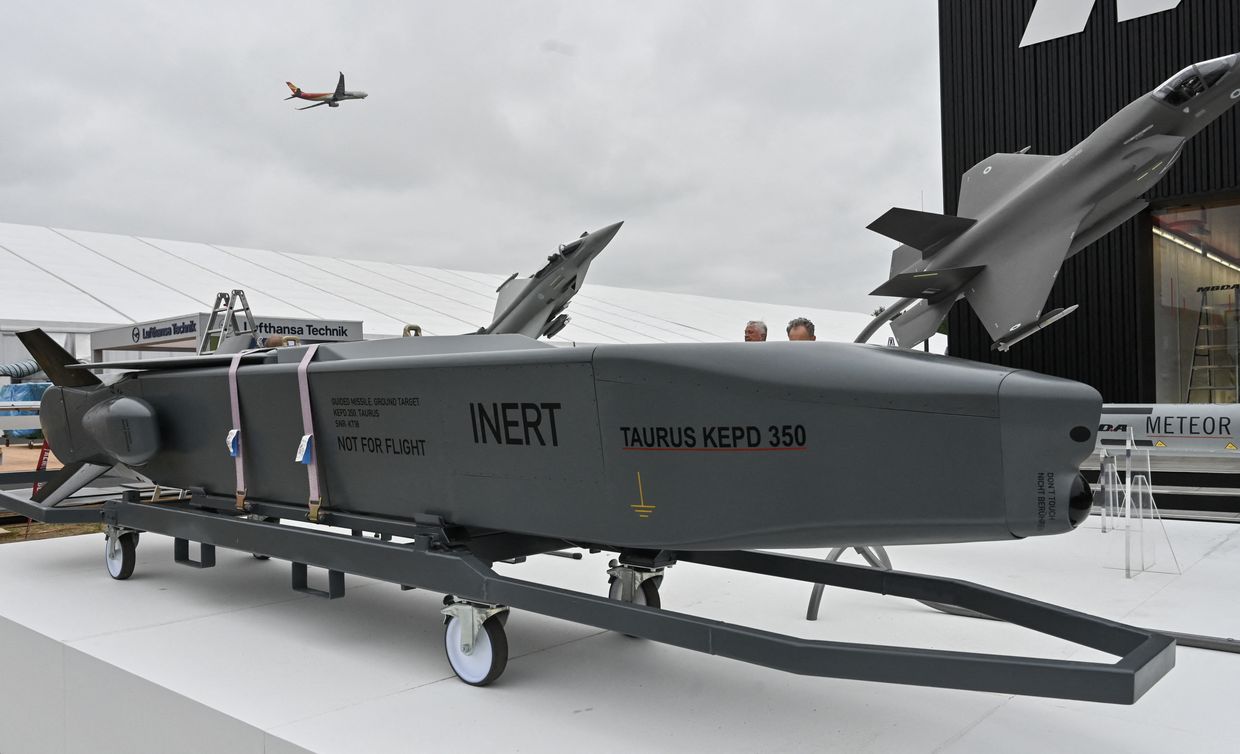Russian jet suspected of violating Finnish airspace, Defense Ministry says
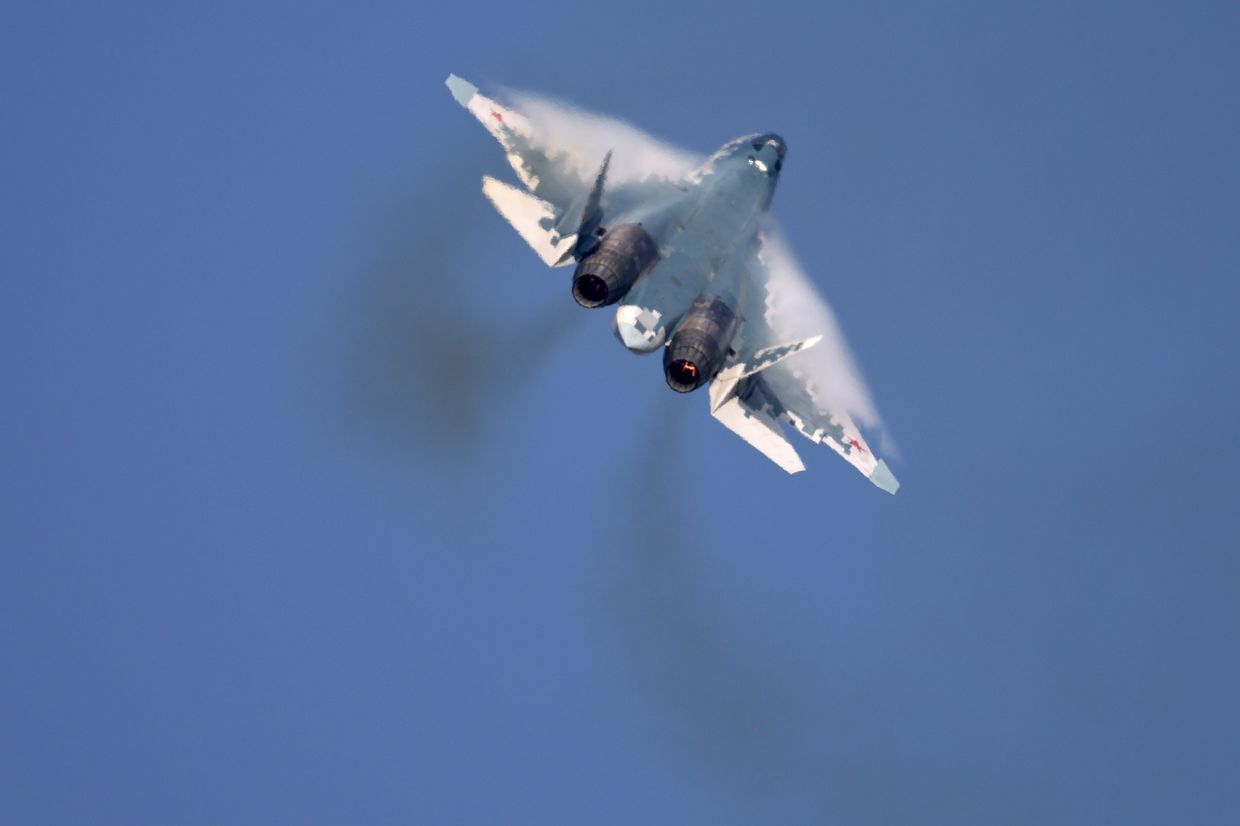
A Russian military aircraft is suspected of violating Finland's airspace on June 10, the country's Defense Ministry said in a statement.
"The investigation into the suspect's airspace breach has been launched immediately," Finnish Defense Minister Antti Hakkanen said. The Finnish border guard is investigating and will share more information as the probe continues, according to the Finnish Defense Ministry.
The alleged violation occurred near the city of Porvoo, located about 50 km east of Helsinki. The city lies in the country's far-south, along the Gulf of Finland.
Russia regularly stages provocations on NATO's eastern flank, which includes Poland, Finland, and the Baltic countries. On May 22, two Russian aircraft violated Finnish airspace, while the day prior Polish fighter jets intercepted a Russian Su-24 bomber in international airspace over the Baltic Sea.
Russian aircraft frequently fly from its exclave, Kaliningrad. The jets often disable their transponders, fail to file flight plans, and do not establish contact with regional air traffic control — a pattern NATO officials describe as high-risk behavior.
Since the start of Russia's full-scale invasion, NATO officials have increasingly warned Moscow could attack the alliance's members in the coming years. In anticipation of increased hostilities, Finland has said it expects a Russian military build-up on its borders after the war in Ukraine ends.
On May 19, the New York Times published satellite images which seem to indicate an expansion of military facilities near the Finnish border.
Finland joined NATO in 2023 following the onset of Russia's full-scale war against Ukraine in February 2022 and shares a 1,300-kilometer (800-mile) border with Russia.
NATO countries in Russia's vicinity have intensified their preparations for a possible conflict. Poland and the Baltic countries moved to abandon a treaty banning land mines and are strengthening the borders shared with Russia and its ally Belarus while urging higher defense spending across the alliance.
 The Kyiv IndependentDmytro Basmat
The Kyiv IndependentDmytro Basmat